Conflicts in Somalia complicate Türkiye's mediation in Africa
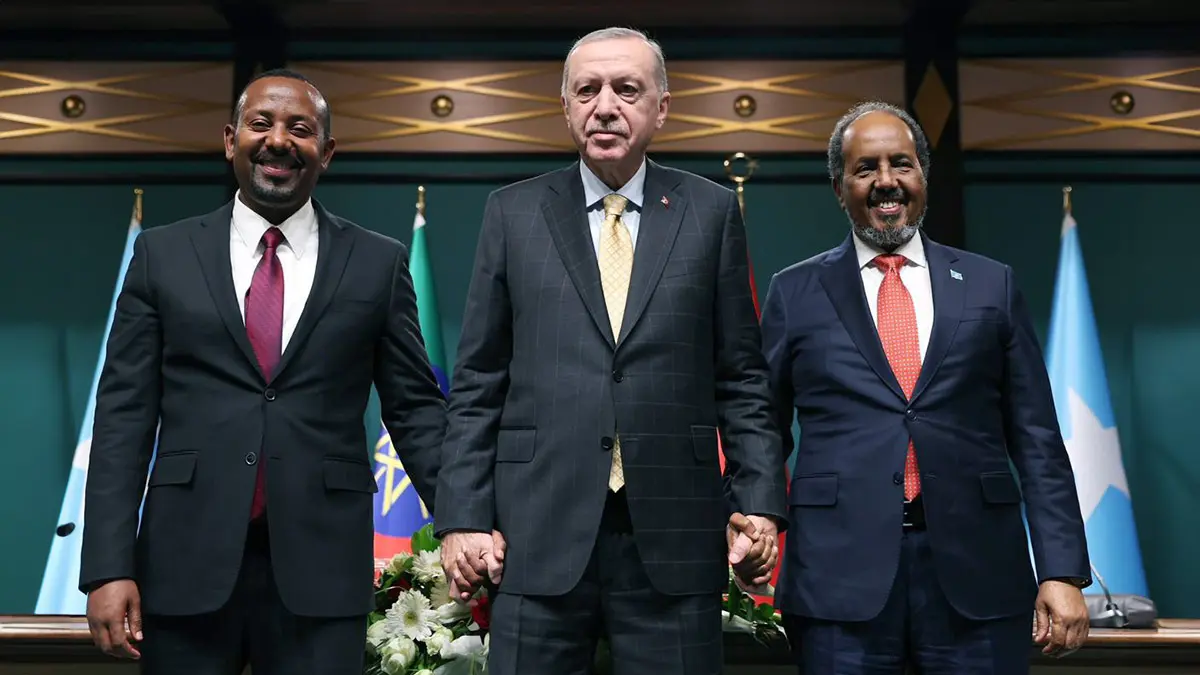
Türkiye is mediating between Somalia and Ethiopia to resolve tensions related to the Somali separatist regions of Jubbaland and Somaliland.
The President of the Republic of Türkiye, Recep Tayyip Erdogan, is trying to resolve internal Somali tensions and clashes with the Ethiopians to stabilise the region and consolidate its position in the eastern part of the African continent. To this end, Erdogan has held separate meetings with Ethiopian Prime Minister Abiy Ahmed and Somali President Hassan Sheikh Mohamud.
Türkiye maintains good relations with both countries. However, the ongoing conflicts in both Ethiopia and Somalia are challenging Erdogan's goals of achieving greater influence in the region.
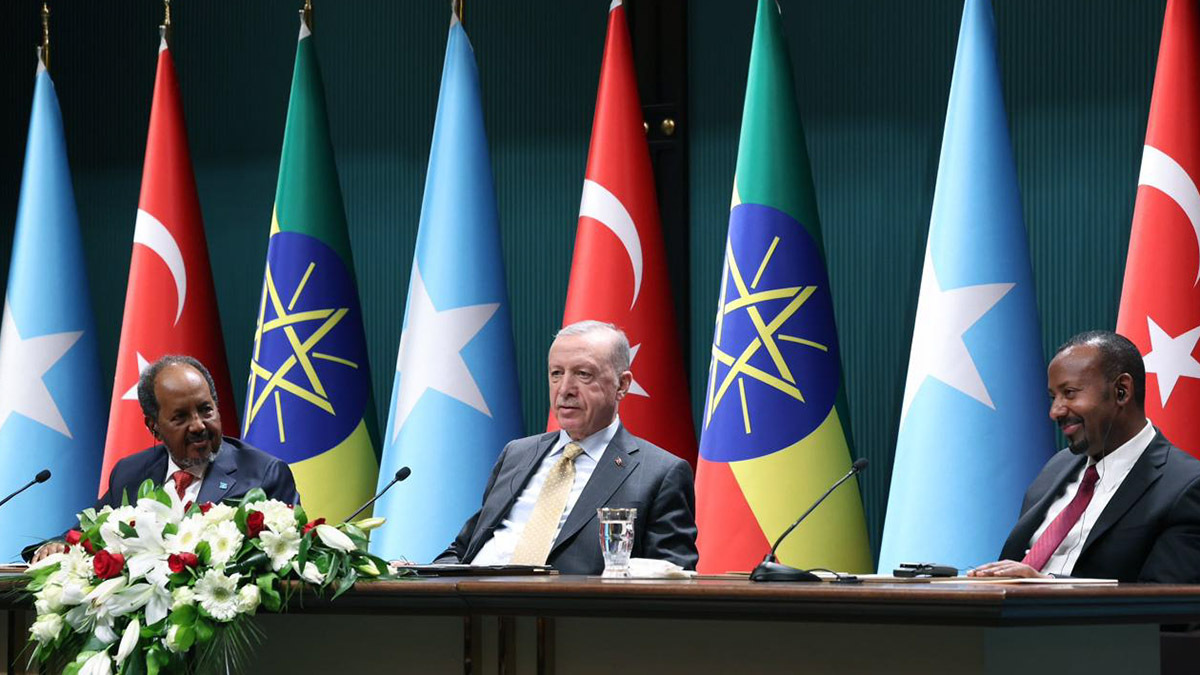
Origins of the conflict
The conflict stems from Ethiopia's proposal to recognise Somaliland's independence in exchange for strategic benefits for Ethiopia from the port of Berbera. It should be recalled that the agreement between the two includes the cession of more than 20 kilometres of Somaliland coastline to Ethiopia for the next 50 years. Now, Somalia has refused completely, as the Mohamud administration considers Somaliland's land to be part of its national territory.
Ethiopian interests through Somaliland are based on the Red Sea outlet. Currently, Ethiopia is highly dependent on Djibouti's ports, so the possibility of a pact and agreement with Somaliland on the use of the port of Berbera would alleviate the pressure on the country from Djibouti. The project also proposes a weakening of Somalia in favour of Somaliland.
Somaliland has been functioning as a ‘de facto’ independent state for decades even though it is not internationally recognised. As far as the country is concerned, it is only virtue vis-à-vis the world is its position on the Red Sea and the possibility of negotiating agreements with Ethiopia, with whom it shares a border to the north.
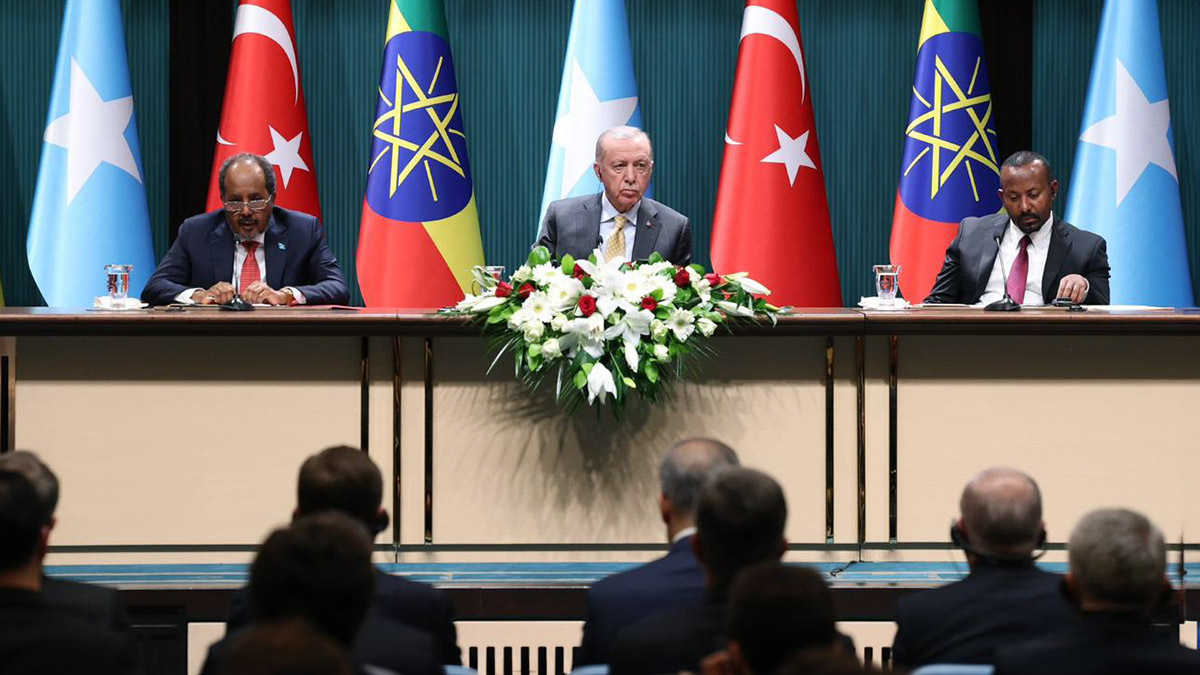
Turkish mediation
In this scenario, Türkiye seeks to obtain economic, commercial, and geostrategic agreements that are beneficial to Turkish interests by putting pressure on the Somali president.
Türkiye has a military base in the Somali capital, Mogadishu, where the Turkish army trains Somali troops. In addition to military support, Türkiye provides substantial economic and humanitarian aid to Somalia to strengthen its maritime influence and has entered into various trade agreements.
According to Turkish presidential sources, if Somalia does not cooperate with Türkiye, Türkiye could support the positions of the separatist regions of Somaliland and Jubbaland in military matters. This is a profoundly earnest warning, as Ankara is one of Somalia's main military partners and is training its troops in the most inhospitable regions of the Anatolian peninsula.
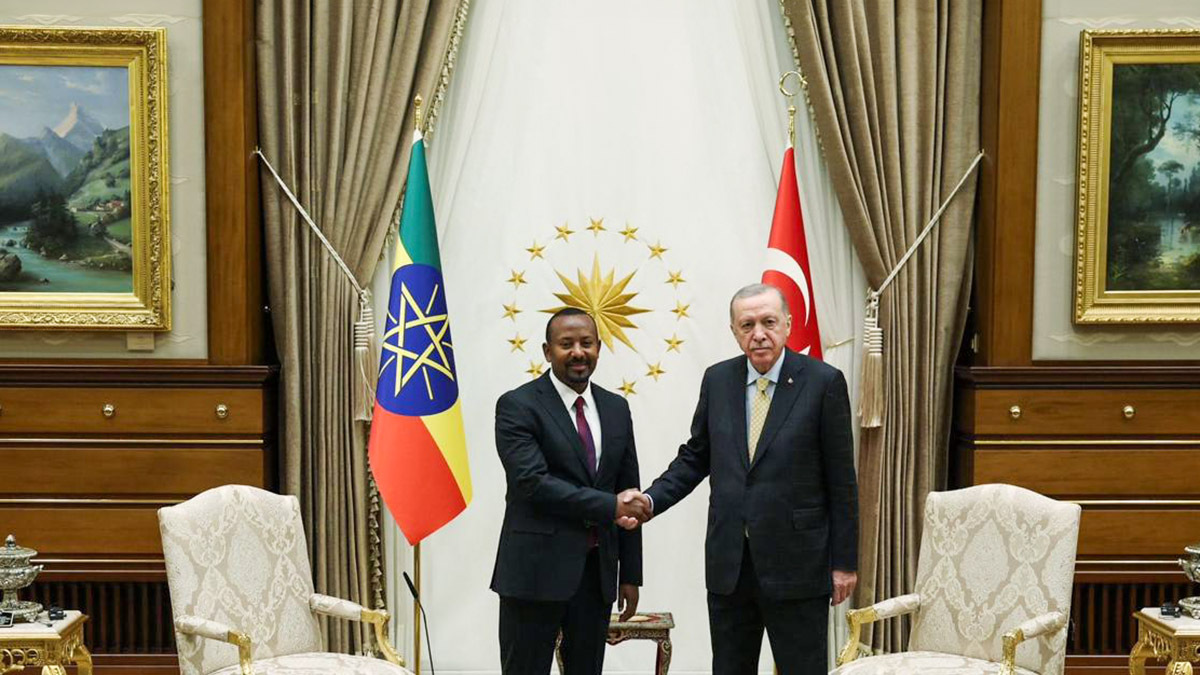
Jubbaland
At the same time, the conflict with the Jubbaland region follows elections that Mogadishu declared illegal. These elections sparked fierce clashes between separatist supporters and Somali Federal Forces. Somalis and Jubalanders accuse each other of initiating the fighting, to the extent that both have issued mutual arrest warrants for the leaders of both sides.
Unlike Somaliland, Jubbaland does not have the same independent power as the separatist region in the north. Bordering Ethiopia and Kenya, Jubbaland's economy is based on mineral resources, although its weak diplomatic power and the constant presence of armed conflicts with Mogadishu leave the region in a state of stagnation.
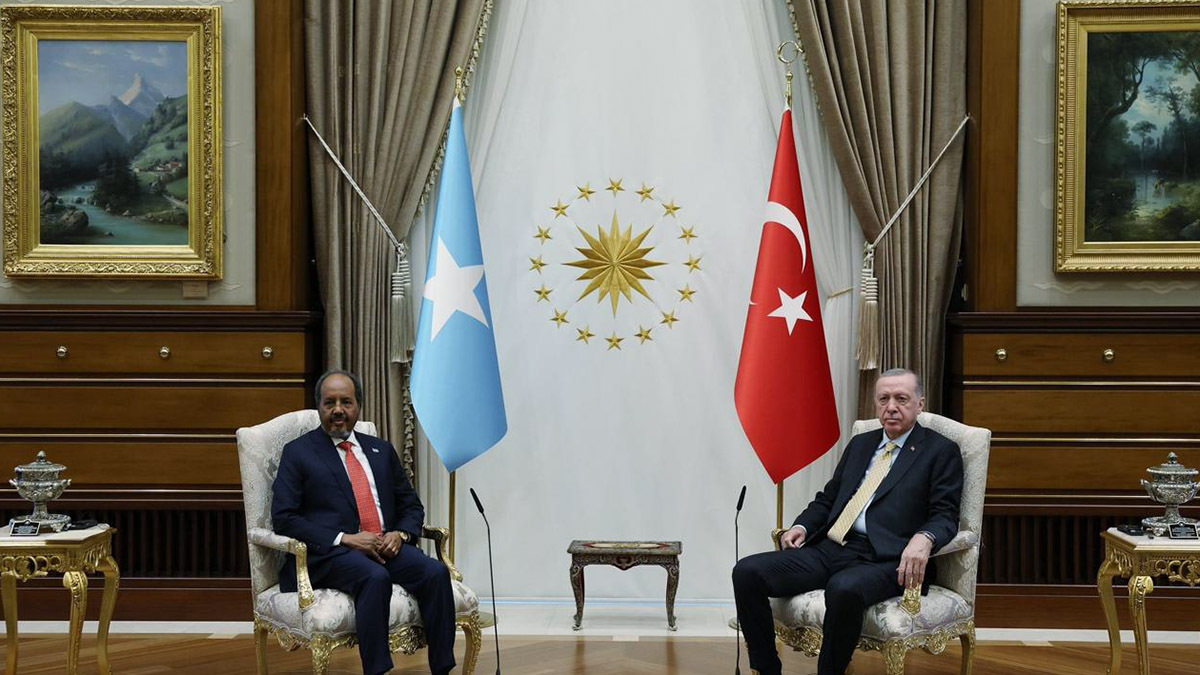
Al-Shabaab presence
Indirectly, these clashes are diverting attention from the African Union's fight against the forces of the extremist group Al-Shabaab, which controls several rural regions of the country. This fight is being increasingly undermined by a lack of resources and the intensification of the conflict.
The existence of this group is another reason for Türkiye's concern to find a peace in the region that will stabilise all the components of the ‘Horn of Africa’ to secure greater influence in the continent and position itself as a global player.










